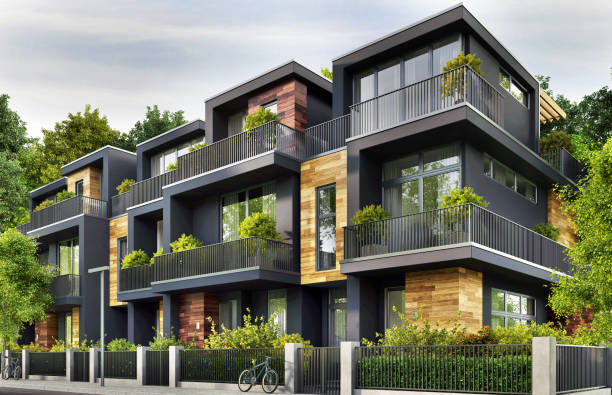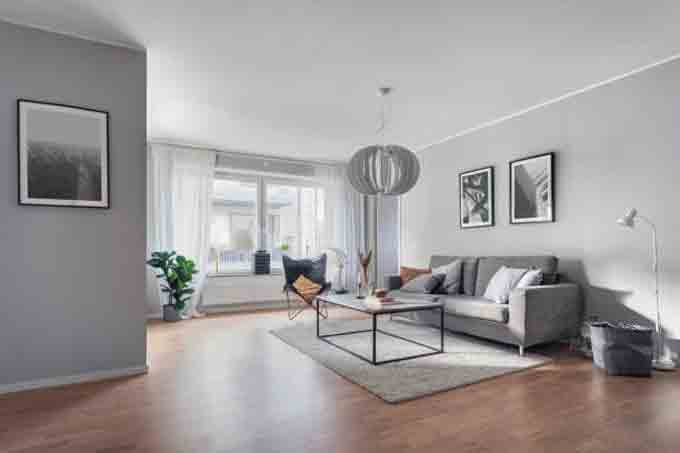Finding the perfect apartment is not easy, especially in a competitive market like NYC. Apartment hunting requires time, patience, and diligence.
The process can be especially daunting if it’s your first time renting. To help, we’ve compiled a guide to assist you in the hunt. Here are some tips: 1. Start by knowing your budget.
Budget
When choosing an apartment, it’s important to consider your budget. A general rule of thumb is to pay no more than 30% of your income on rent, including utilities. However, this is not a one-size-fits-all rule and will vary by city.

You’ll also need to consider other expenses like credit checks, security deposits, and fees for superintendents or doormen. These extra costs can add up quickly. It’s also important to factor in the cost of movers and any other moving-related expenses.
As you start looking for an apartment, make a list of your wants and needs. It’s unlikely that you’ll find an apartment with everything on your wish list, so it’s best to prioritize them. This will help you focus your search and avoid overspending. In addition, you should try to begin your search at the beginning of the month so that you have plenty of options to choose from. This is when most apartments will be available.
Location
The location of an apartment is often a huge consideration, especially in cities like NYC where space is limited and rents are high. Make sure to consider your commute and whether public transportation is readily available. You also want to consider proximity to things you frequent regularly, such as your work, friends’ houses and your favorite restaurants.
Once you’ve determined your must-haves, you can start shopping around. It’s a good idea to keep a checklist of those things on hand during your search so that you can cross off any apartments that don’t meet your criteria, browse around here.
If you’re searching with roommates, it’s a good idea to discuss what each person wants before the search begins. This will ensure that everyone is on the same page regarding living conditions and can afford to pay their share of the rent. This is also a great time to vet potential roommates and see if you have any common interests.
Amenities
When searching for an apartment, it is important to determine your priorities and what features are non-negotiable. Make a list of these amenities and rank them to help narrow your search. This will save time and money in the long run. It is also a good idea to consider renter’s insurance as part of your rental agreement. This will ensure your belongings are covered in case of a theft or fire.
Many of today’s renters want an apartment that reflects their identity and lifestyle. Amenities like outdoor lounges and coworking spaces can be an effective way to differentiate your multifamily property from other apartment communities and attract millennial tenants.
However, don’t be tempted to spend more on rent for a feature that won’t provide true value to your residents. Remember that renters are willing to pay more for amenities that improve their everyday lives and increase their quality of life, such as smart home technology.
Lease length
When looking for an apartment, one of the most important considerations is the lease length. There are a variety of lease lengths to choose from, each with its own benefits and drawbacks.
A standard 12-month lease is the minimum for most apartments, but there are other options that can be negotiated with landlords and apartment complexes. These can include shorter lease terms, roommate contracts, and breakage fees.
Conclusion:
When deciding on a lease length, consider your personal situation and future plans. A year-long lease may be best for you if you know that you want to stay in the area long term. However, a month-to-month lease may be better if you are unsure of your future plans. If you are unsure about your plans, it is best to be honest with the landlord and explain your situation. This will increase your chances of getting a custom lease length. It will also help you avoid paying a penalty if you need to break your lease early.
